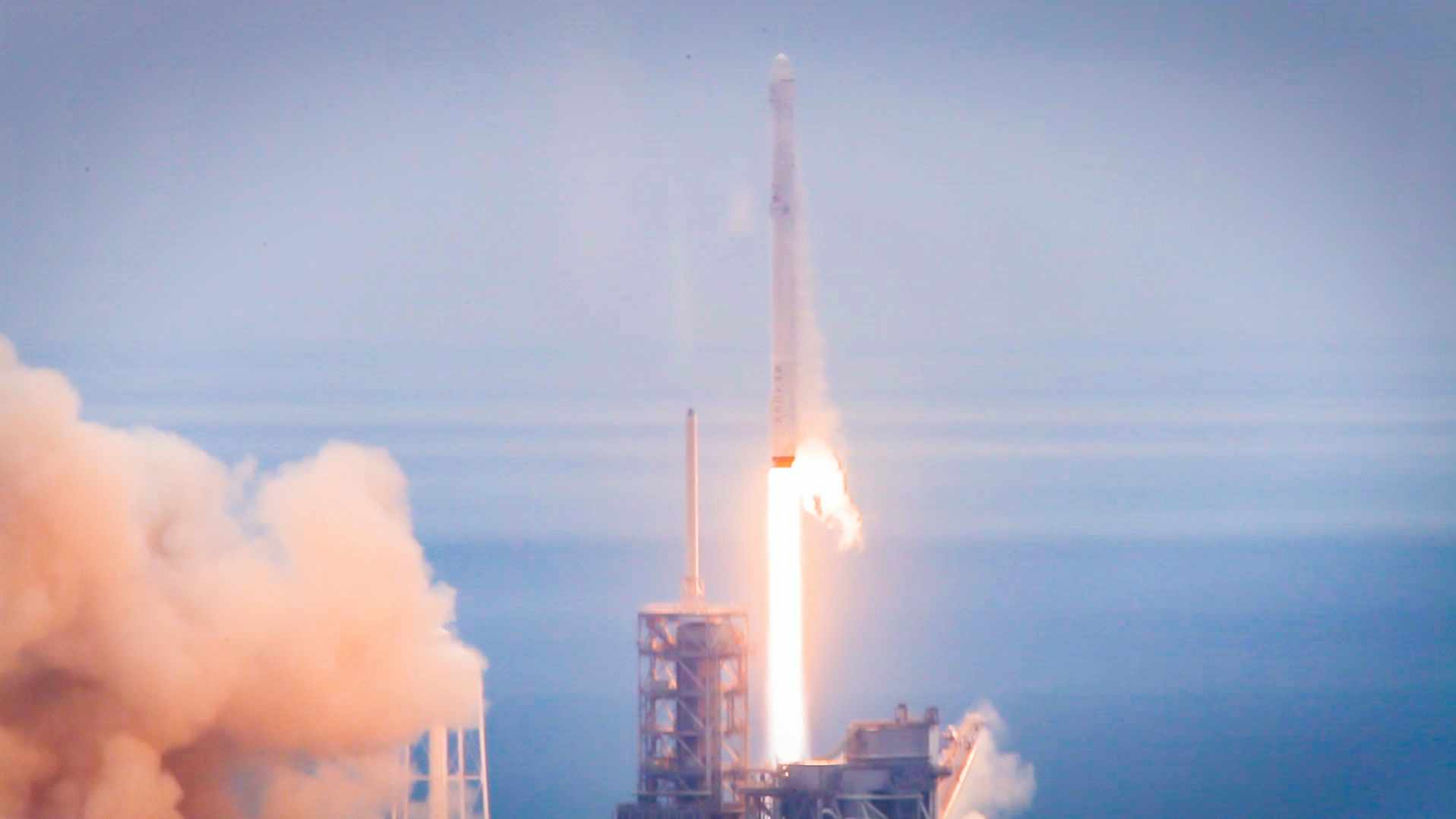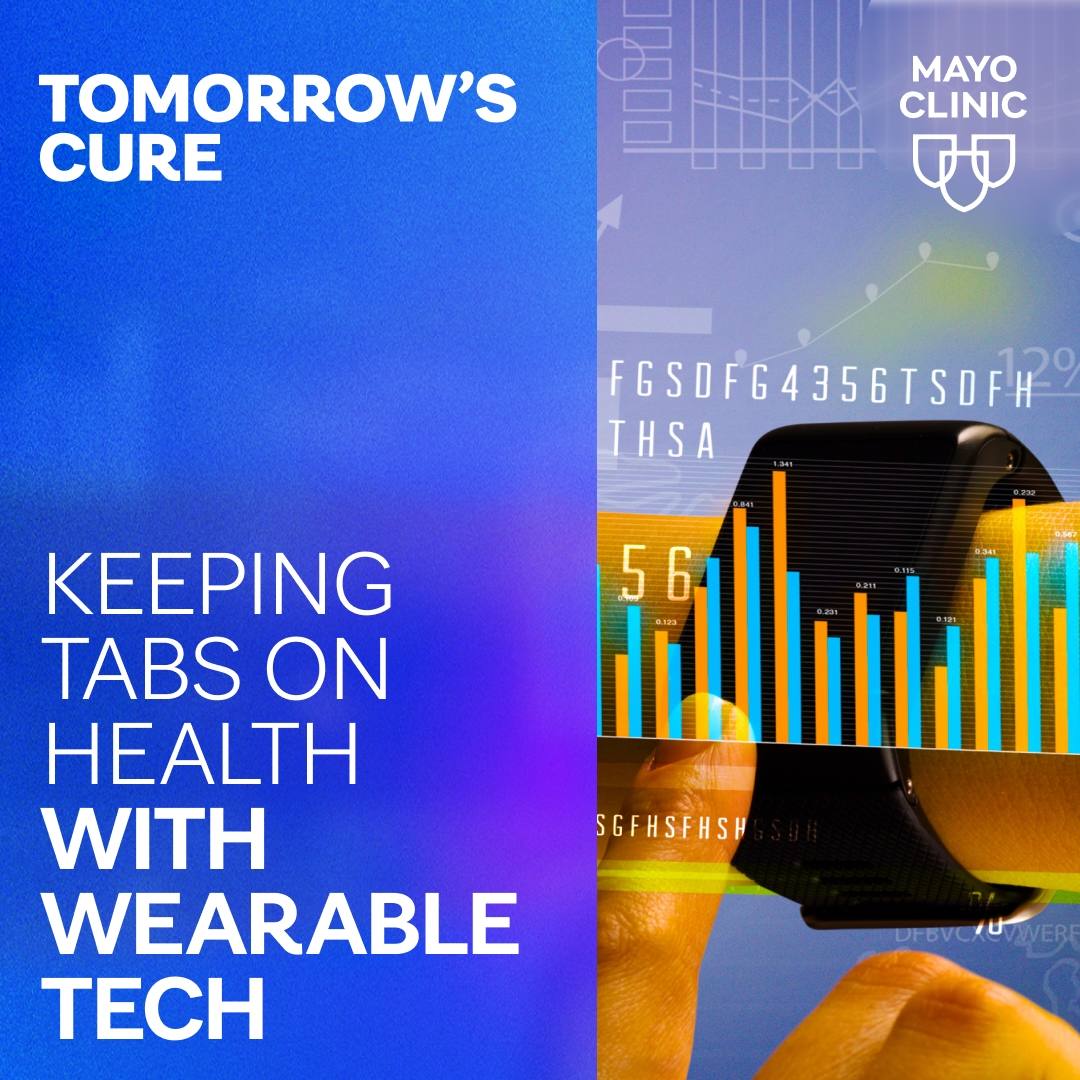-
Science Saturday: Deep space medicine research program to improve health on Earth

A full year before Alejandro Rabinstein, M.D., was born in Cordoba, Argentina, Apollo 11 made the first successful landing on the moon and U.S. astronaut Neil Armstrong became the first person to set foot on another planet. That was the summer of 1969. Forty-eight years later, Dr. Rabinstein has become Mayo Clinic’s expert on deep space travel medicine — a role he never anticipated.
“I wasn’t interested in space as a kid, and I’m not a sci-fi buff,” says Dr. Rabinstein, a consultant in the Department of Neurology at Mayo Clinic in Rochester. “I am, however, intellectually curious. I have the mindset of a clinician. I believe deep space medicine can be transformative and transcendent and can only enrich our knowledge about Earthbound human health. While I understand the allure of space travel, my fascination isn’t with the stars. Rather, my hope is that this work will spill over into patient care.”
“I believe deep space medicine can be transformative and transcendent and can only enrich our knowledge about Earthbound human health.” – Alejandro Rabinstein, M.D.
Dr. Rabinstein is the energy behind Mayo Clinic’s nascent deep space medicine research program. Mayo hopes to lend its widespread multidisciplinary expertise to the medical challenges astronauts face. On long space flights, astronauts experience health-related problems including visual and sleep disturbances, a vertical brain shift, a narrowing of the central sulcus, behavioral problems and radiation exposure. So when NASA sends humans hurtling on a yearlong mission into deep space in the 2020s to test readiness for Mars and, ultimately, on a three-year round trip to Mars in the 2030s, what can space travelers expect? Based on experience with astronauts, experts expect Mars travelers will undergo physiologic changes due to microgravity and ionizing radiation during prolonged space travel.
Specifically, these changes may include: Read the rest of the article on Advancing the Science blog.
___________________________________________
Other Mayo Clinic medical research websites:
- Research at Mayo Clinic
- Discovery’s Edge
- Advancing the Science
- Forefront
- Mayo Clinic Center for Individualized Medicine
- Mayo Clinic Center for Innovation
- Center for Regenerative Medicine
- Center for the Science of Health Care Delivery







